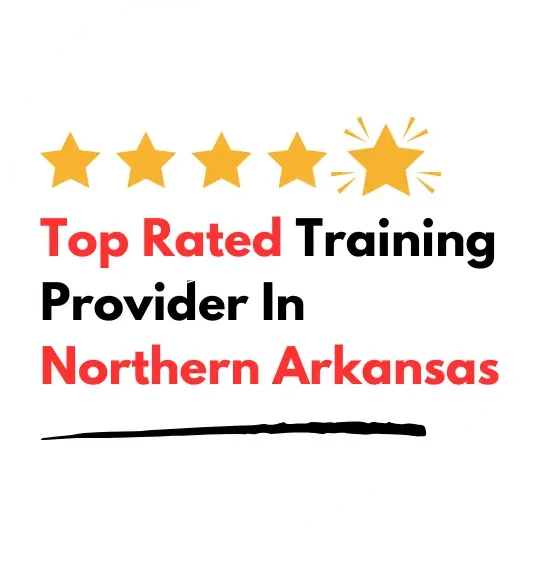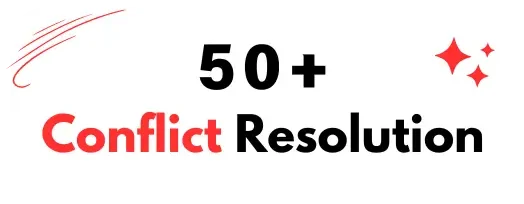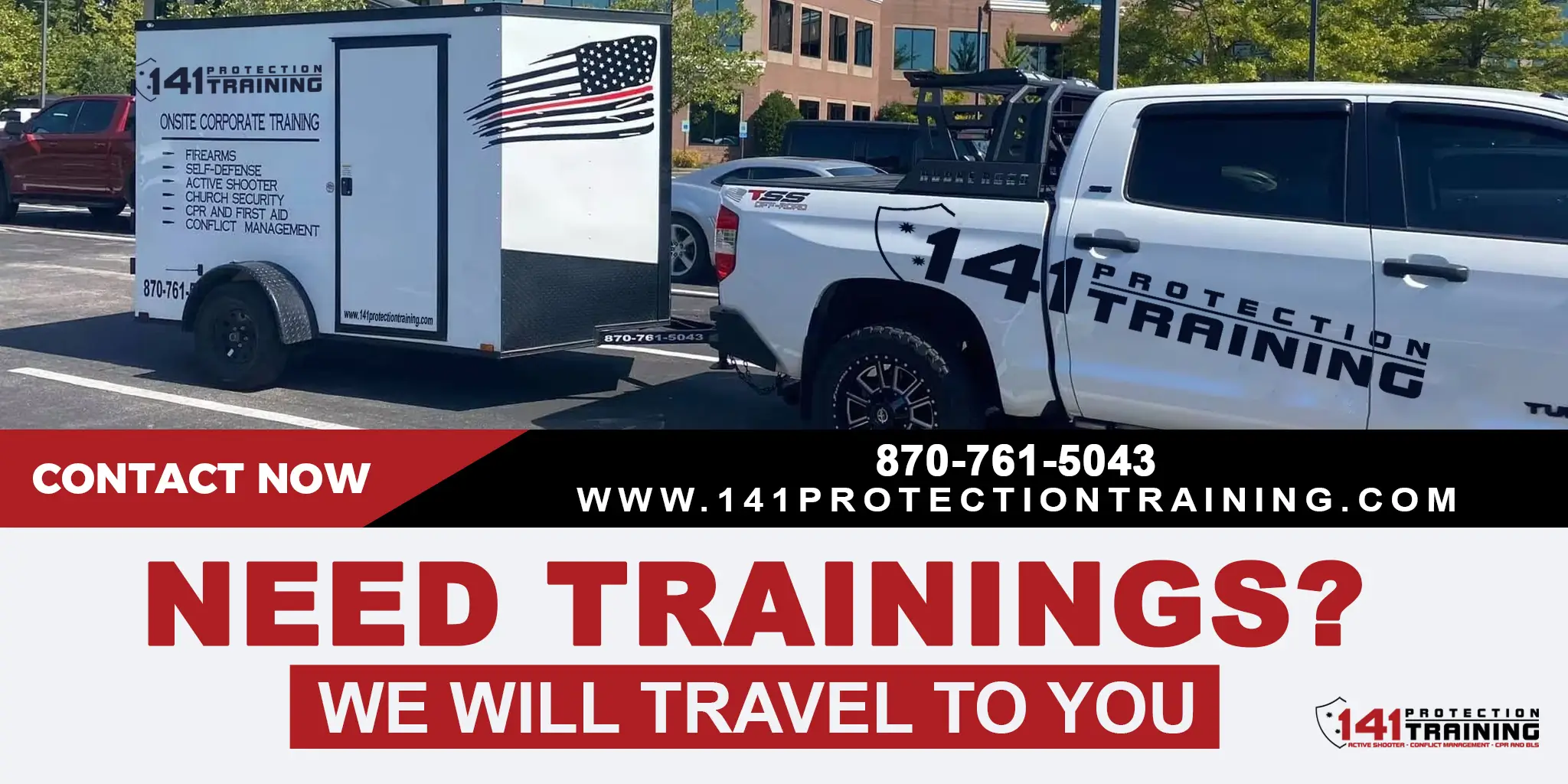Our Conflict Management Training Programs at 141 Protection empower participants with essential skills in identifying, addressing, and resolving conflicts effectively. Participants learn communication strategies, negotiation techniques, and mediation skills through interactive learning and practical scenarios to foster constructive resolutions in diverse environments.





















Our Conflict Management Training Program at 141 Protection Training is intended to provide participants with the necessary skills to effectively identify, manage, and resolve conflicts in various environments. The following important areas are addressed in this comprehensive course:
Participants will be able to proactively address issues by acquiring an understanding of the various categories and sources of conflict. To facilitate constructive conflict resolution, it is imperative to learn effective communication strategies that promote respectful and transparent dialogue.
Negotiation skills will be enhanced to facilitate collaborative problem-solving and obtain mutually advantageous results. Participants will also be equipped with the necessary tools to assist disputing parties in achieving mutually acceptable resolutions through the examination of mediation techniques.
Participants will be able to professionally manage conflicts by applying the concepts they have learned in practical scenarios through interactive sessions, role-plays, and case studies. Our program, which seasoned instructors oversee, prioritizes cultivating positive relationships and improving organizational harmony by employing effective conflict resolution strategies.
If you need additional information then please click on phone/email button for direct call/email.

About Us
Our Conflict Management Training Program is about giving people the skills to handle and solve disputes effectively. Our program encourages a proactive approach to conflict resolution by focusing on learning how conflicts happen and how to communicate, negotiate, and mediate. Our interactive sessions and hands-on simulations, led by experienced teachers, give participants the confidence to use the strategies they’ve learned in real life. We are dedicated to creating positive work environments, improving teamwork, and maintaining company harmony using good conflict-resolution methods. Learn how to turn disagreements into chances to work together and grow.



Conflict management training is vital for workplace harmony and productivity. These programs teach people and teams how to identify, handle, and resolve disputes. Through theoretical and practical activities, participants learn conflict resolution strategies, communication techniques, empathy, and active listening.
Their training includes identifying challenges, mediating disagreements, and finding mutually beneficial solutions. Conflict management training stresses emotional intelligence, recognizing and controlling one’s and others’ emotions.
These programs increase interpersonal skills, minimize workplace conflicts, and boost collaboration and teamwork. Reduced turnover, higher morale, and a better working culture help the organization.
Conflict management training helps resolve conflicts, reduce escalation, and maintain a productive, courteous workplace. Training may increase employee connections, problem-solving, and organizational resilience.
Conflicts in the workplace can develop from several factors, each needing a unique strategy for settlement. Understanding the many sorts of conflict may help individuals and organizations deal with challenges more successfully. Interpersonal conflicts occur between people, intrapersonal conflicts occur within an individual, organizational conflicts involve disputes within or across departments, and intergroup conflicts occur when groups within an organization fight. Each sort of conflict is distinct and requires specialized resolution tactics.
Here are some types of conflicts:
Conflicts between individuals result from differences in personality, beliefs, or values. Interpersonal conflicts are common in diverse work environments. A personality clash may result from competition or misunderstandings. The key to resolving these conflicts is effective communication and mediation.
Conflicts within an individual may involve choices, values, or expectations that are internal to the individual. Conflicts within the workplace can affect a person’s performance and well-being. Self-awareness, counseling, and personal development strategies can help resolve these issues.
Conflicts can arise within or between departments or teams within an organization. They can arise from resource allocation, role ambiguity, or competing goals. Structured problem-solving techniques and clear communication channels are critical to resolving these problems.
Within an organization, conflicts can occur between various teams or groups. Resources, priorities, and cultural differences are often at the root of intergroup conflicts. Negotiation, collaboration, and team-building activities can help resolve these conflicts.
Conflicts frequently originate from various underlying factors that break the peace personally and professionally. Poor communication is a key contributor, resulting in misunderstandings and misinterpretations that can exacerbate tensions. Furthermore, personality clashes can lead to long-term friction and conflict without proper management. Recognizing and resolving these issues is critical to creating a productive and respectful atmosphere.
Communication issues are one of the most common sources of conflict in every environment. Misunderstandings and insufficient information can lead to misunderstandings and irritation among teammates. When individuals are not on the same page, assumptions and misinterpretations can cause misunderstandings and conflicts.
Different values and opinions can cause conflict, especially in diverse organizations. When people have strong personal or cultural convictions, their differences might conflict, causing friction. Understanding and appreciating these differences is critical to unity.
Conflict often stems from resource shortages. When limited resources, such as time, money, or supplies, exist, team members or departments may compete. If not managed appropriately, this rivalry can quickly escalate into war.
Personality conflicts arise when people have conflicting work styles or characteristics. For example, a detail-oriented individual may find it challenging to collaborate with someone with a more broad-based approach. The fundamental differences can produce friction and disagreements.
In active listening, you genuinely listen to and try to understand the other person’s viewpoint.
Understanding and sharing another person’s feelings is essential for building trust and resolving conflicts more effectively.
Communicating means expressing your viewpoint while staying open to hearing the other person’s ideas.
Finding common ground with the other side is crucial to building trust and resolving conflicts more effectively.
Conflict Management Training teaches strategies to resolve disputes in various settings effectively.
Anyone looking to improve their conflict resolution skills, including managers, employees, and team leaders.
No, 141 Protection offers only in-person courses.
Essential skills include communication, negotiation, mediation, and problem-solving.
Yes, 141 Protection offers customized training tailored to your organization’s needs.
Benefits include improved workplace relationships, increased productivity, and reduced stress.
No, the training is suitable for individuals at all levels of experience.
